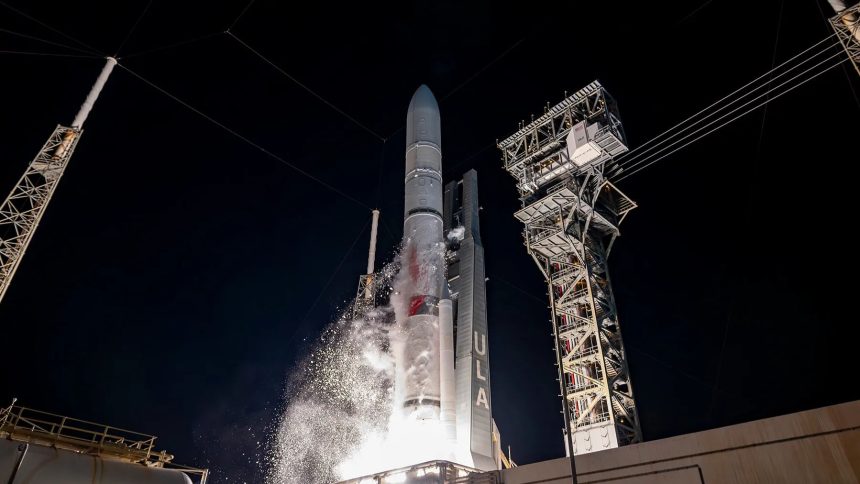On January 10th, 2024, a major propellant leak forced Astrobotic Technology, a US-based company, to abandon its mission of landing a spacecraft on the lunar surface. The malfunction, suspected to be due to a ruptured fuel tank, occurred shortly after the spacecraft’s launch on Monday. Additionally, the craft encountered challenges in maintaining its solar panel orientation towards the sun, hindering its ability to harness solar energy effectively. This news comes as a blow to the company and to the broader commercial lunar initiative.
In an official statement, Astrobotic confirmed that “due to the propellant leak, a successful soft landing on the moon is unattainable.” The company had originally aimed for a lunar landing on February 23, with hopes of marking the first US moon landing in over five decades. However, the malfunction has forced Astrobotic to revise its objectives, with plans to prolong the spacecraft’s operational lifespan in space to mitigate similar challenges in future missions, anticipated approximately a year from now.
The malfunction is particularly disappointing given the significant investment in the mission. The venture, funded by NASA at a cost of $108 million, was intended to transport the agency’s experiments to the lunar surface as part of NASA’s broader commercial lunar initiative. Successful moon landings have been achieved by only four nations to date, including India’s Chandrayaan-3 mission. The failure of this mission represents a setback for the US in its efforts to re-establish a foothold on the moon.
Despite the setback, there is a sense of optimism among industry experts and stakeholders. Some are hopeful that the upcoming lunar landing attempt by a Houston-based company will be successful. Additionally, United Launch Alliance has clarified that its newly introduced Vulcan rocket, responsible for the launch, is not suspected to have contributed to the malfunction. This statement provides reassurance for future missions involving the Vulcan rocket.
In conclusion, while the malfunction has temporarily derailed Astrobotic’s mission, there is still hope for future successful lunar landings as companies continue to push the boundaries of space exploration. Industry experts and stakeholders remain optimistic about the potential for future missions to achieve their goals.


